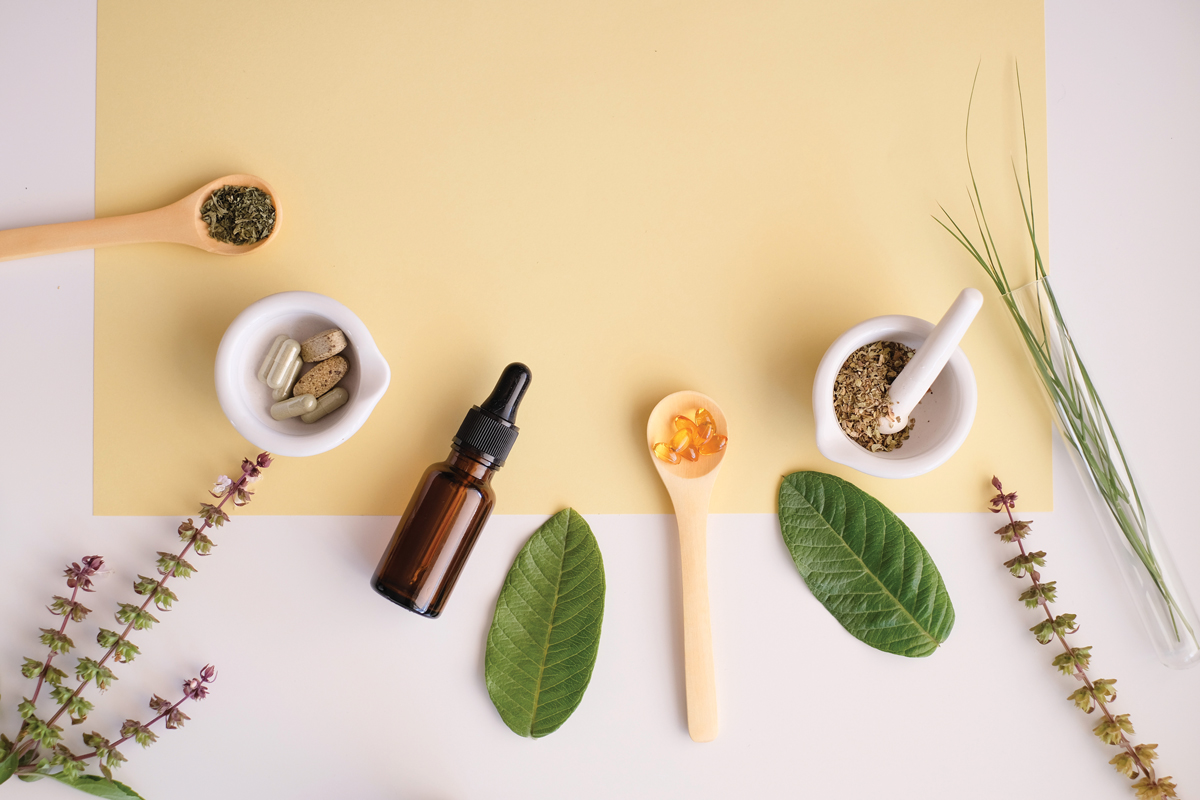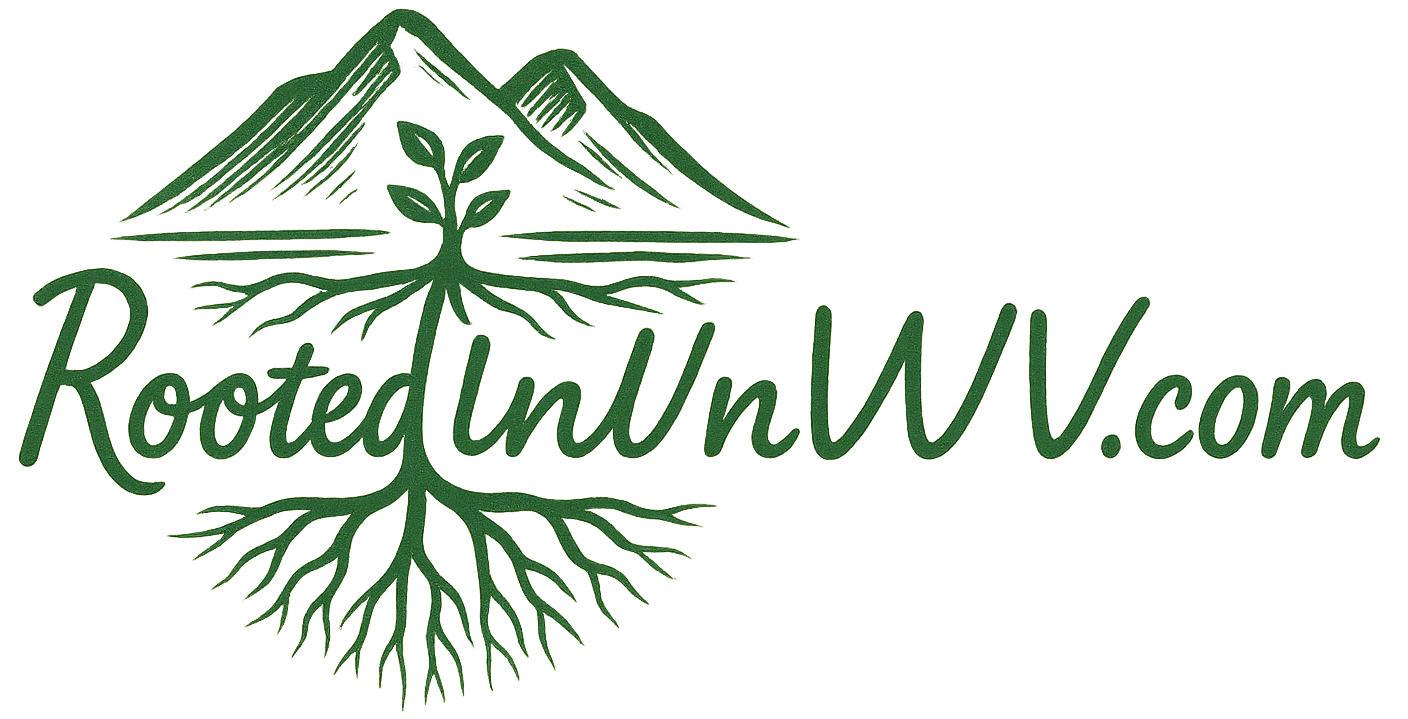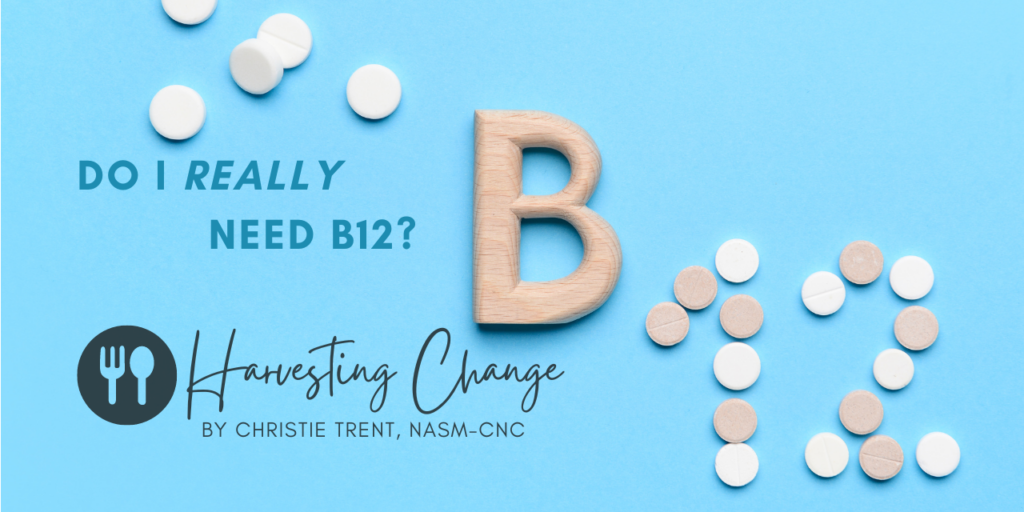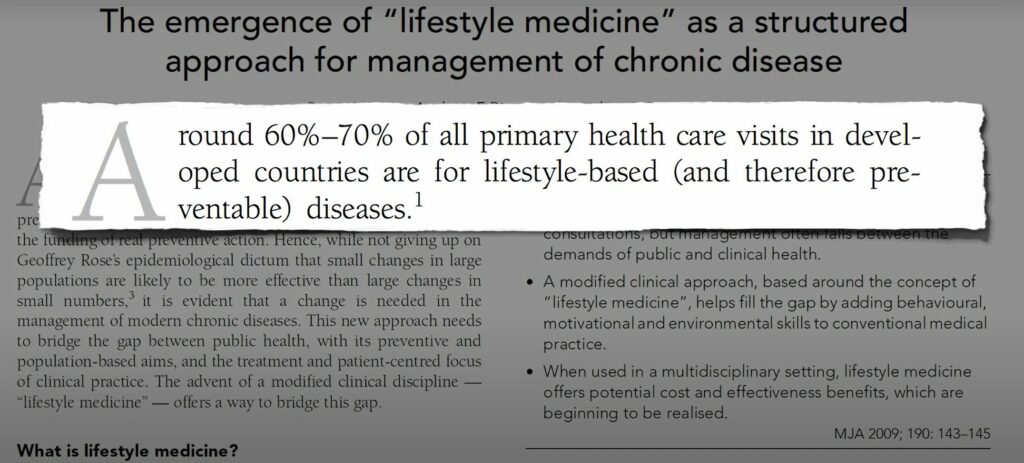
Supplementation vs. Natural Micronutrients
Supplementation vs. Natural: Finding the Balance for Optimal Health
Do I need to supplement?
As a vegan nutrition coach, I’ve heard all the jokes about vegans and supplements. “But where do you get your protein?” “I heard vegans need supplements to survive!” Yes, we’ve heard them all. But let’s set the record straight, shall we?
First things first, yes, some vegans do need to supplement certain nutrients, like vitamin B12. Contrary to popular belief, vitamin B12 isn’t made by animals or plants; it’s made by bacteria. Since we don’t live in a world where we eat food covered in a bit of dirt (which would contain B12-producing bacteria), we need to get our B12 elsewhere. Supplements or fortified foods are typically the way to go. Even the animals that are touted as having “the only source of B12” are often supplemented with it. So, why not just cut out the middleman and take a supplement yourself – if you even need it.
Now, before you start popping supplements left and right, it’s a good idea to get a blood test to determine your nutrient levels. Did you know that it can take years for some nutrient deficiencies to even show up because our bodies are pretty good at storing them? For example, it can take years to deplete your body’s stores of vitamin B12.
But here’s the kicker: many deficiencies are actually a result of absorption issues or medical conditions. For instance, people with pernicious anemia lack a protein necessary for absorbing vitamin B12, leading to a deficiency even if they consume enough of it. Other conditions, like celiac disease or inflammatory bowel disease, can also interfere with nutrient absorption.
So, while jokes about vegans and supplements might get a chuckle, the truth is, nutrient deficiencies can happen to anyone, regardless of their diet. It’s always a good idea to consult with a healthcare professional or a vegan nutrition coach (like me!) to ensure you’re getting all the nutrients you need. If you want help picking out a home-test, let’s setup a 30-minute consultation to discuss your options.
There is no significant difference between natural and supplemented nutrients at the molecular level. Under a microscope, nutrients from whole foods and their supplemental counterparts are chemically identical, meaning that the vitamins, minerals, and other nutrients are the same in structure. For example, whether you get vitamin C from an orange or from a supplement, the molecule is still ascorbic acid.
Our bodies do not inherently “know” whether a nutrient came from a food source or a supplement. What matters is the form and bioavailability of the nutrient, meaning how easily the body can absorb and use it. As long as a supplement provides the nutrient in a form that the body can efficiently metabolize, it is treated the same as the version found in food. However, while the nutrients themselves are the same, whole foods often provide additional beneficial compounds (like fiber and phytonutrients) that supplements may not offer, which can enhance the overall health benefits of consuming them.
In short, from a purely chemical perspective, there is no difference between natural and supplemented nutrients—what varies is the delivery mechanism and any other accompanying compounds.



